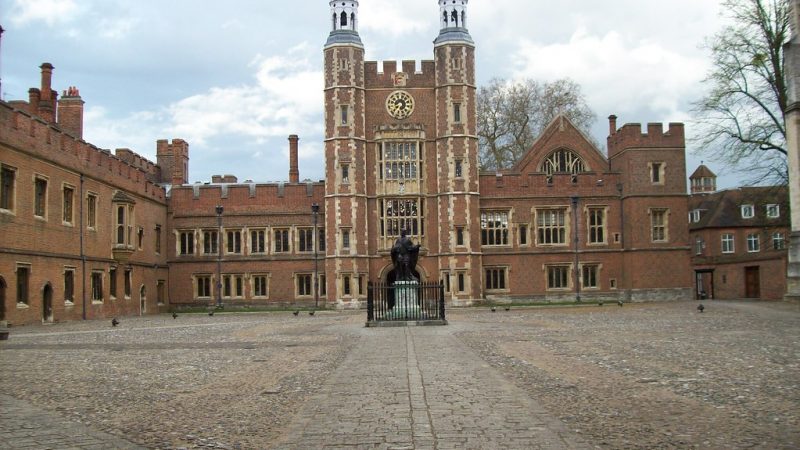44% support ending the charitable status of private schools, compared to 15% who oppose any such move.

Voters support ending the charitable status of private schools, exclusive polling for Left Foot Forward has found.
Last year, Labour leader Sir Keir Starmer pledged to remove the charitable status of private schools, raising £1.7 billion to fund improvements to the country’s state schools, should Labour win power. The pledge was also made by previous Labour leader Jeremy Corbyn.
The Labour Party said it would raise the funds by ending the VAT exemption currently in place, which it estimated would bring in £1.6bn, while closing a separate loophole on business tax, adding over £104m.
A year’s fee to attend Eton for eg is £44,000, yet Eton is also given charity status, meaning that it is exempt from a whole range of taxes.
According to our polling of 2,201 UK adults, 44% support ending the charitable status of private schools, compared to 15% who oppose any such move.
Support was highest among 35-44 year olds, with 51% supporting the policy to end the charitable status of private schools and lowest among 18-24 year olds, at 39%.
Looking at the breakdown of results by region, 49% of those from the North East support ending the charitable status of private schools, compared to 39% in the East Midlands.
When it comes to party affiliation, while only 41% of Conservative Party voters support abolishing the charity status of private schools, the figure rises to 60% of Labour Party voters. 45% of Green Party voters would also back the move as would 46% of Liberal Democrat voters.
Out of the three major parties, opposition to ending charity status was highest among Tory voters at 19%.
Backers of charity status for private schools claim that they do a great amount of work in their local communities and benefit the taxpayer as there are less children in the state system.
However, this argument often completely overlooks the economic and political costs of a lack of social mobility for young people up and down the country, who are unable to fulfil their potential because of the type of school attended.
A study by the Social Mobility Commission found that even when those from working-class backgrounds have the same education attainment, role and experience as their more privileged colleagues, those from poorer backgrounds are still paid an average of £2,242 (7%) less.
Only 10% of those from working-class backgrounds reach Britain’s higher managerial, professional or cultural occupations.
A spokesperson for Labour Against Private Schools told LFF: “This poll shows there is substantial support for reducing the power and privilege of private schools. Ending charitable status will not fully overcome the inequalities between state and private sectors but it is an important step towards the integration of private schools into the state system.”
Basit Mahmood is editor of Left Foot Forward
Left Foot Forward doesn't have the backing of big business or billionaires. We rely on the kind and generous support of ordinary people like you.
You can support hard-hitting journalism that holds the right to account, provides a forum for debate among progressives, and covers the stories the rest of the media ignore. Donate today.



